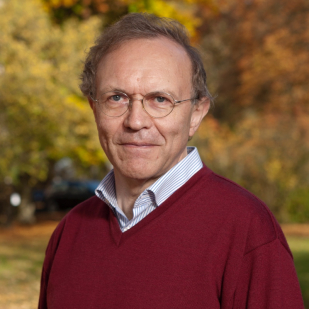Le professeur Docteur Nico Diederich, auβerpl. Pr Univ. Köln est Médecin specialiste en Neurologie.
Formation médicale de base :
- Neurologie
Spécialisations :
- Mouvements anormaux, troubles du sommeil, injection de toxine botulique
Intérêts particuliers :
- Recherche clinique dans ces mêmes domaines ;
- En particulier vision et neuro-dégénérescence ; symptômes non moteurs de la maladie de Parkinson, dysfonction mitochondriale dans maladie de Parkinson ; évolution et maladies neurodégéneratives
Degree :
- MD
Current Title:
- Außerplanmäßiger Professor for Neurology
Institution:
- Department of Neurosciences, Centre Hospitalier de Luxembourg (CHL) and Luxembourg Centre for Systems Biomedicine (LCSB).
I am a clinical neurologist. I have studied at the Universities of Homburg/Saar and Bonn (Germany) and have trained in neurology at the University of Cologne (Germany) and at the Rush University, Chicago (USA). I have written my doctoral thesis on the involvement of the sympathetic and parasympathetic nervous system in the genesis of hypertension and my “Habilitation” on clinical non motor symptoms in Parkinson’s disease (PD), with special emphasis on hallucinations and sleep fragmentation. I am “Privat-Dozent” for Neurology at the University of Cologne (Germany) and regularly teach at this University. I am also a Visiting Assistant Professor at Rush University and annually return for mini-sabbaticals to this institution. My clinical practice is at the CHL in Luxembourg-City (Luxembourg). While I treat there inpatients and outpatients with any neurological condition, my main focus of clinical and scientific interest are movement disorders and sleep disorders. In particular, I am involved in longitudinal studies of various non motor symptoms in early stages of PD and in network analysis of these symptoms. In particular we focus on visual, olfactory and sleep dysfunctions. I have recently joined the LCSB as Senior Clinical Researcher and I am presently setting up a strong translational research collaboration between the LCSB and the CHL in order to examine different “omics” from PD patients and correlate the findings with the evolution of motor and non motor signs in these patients.

